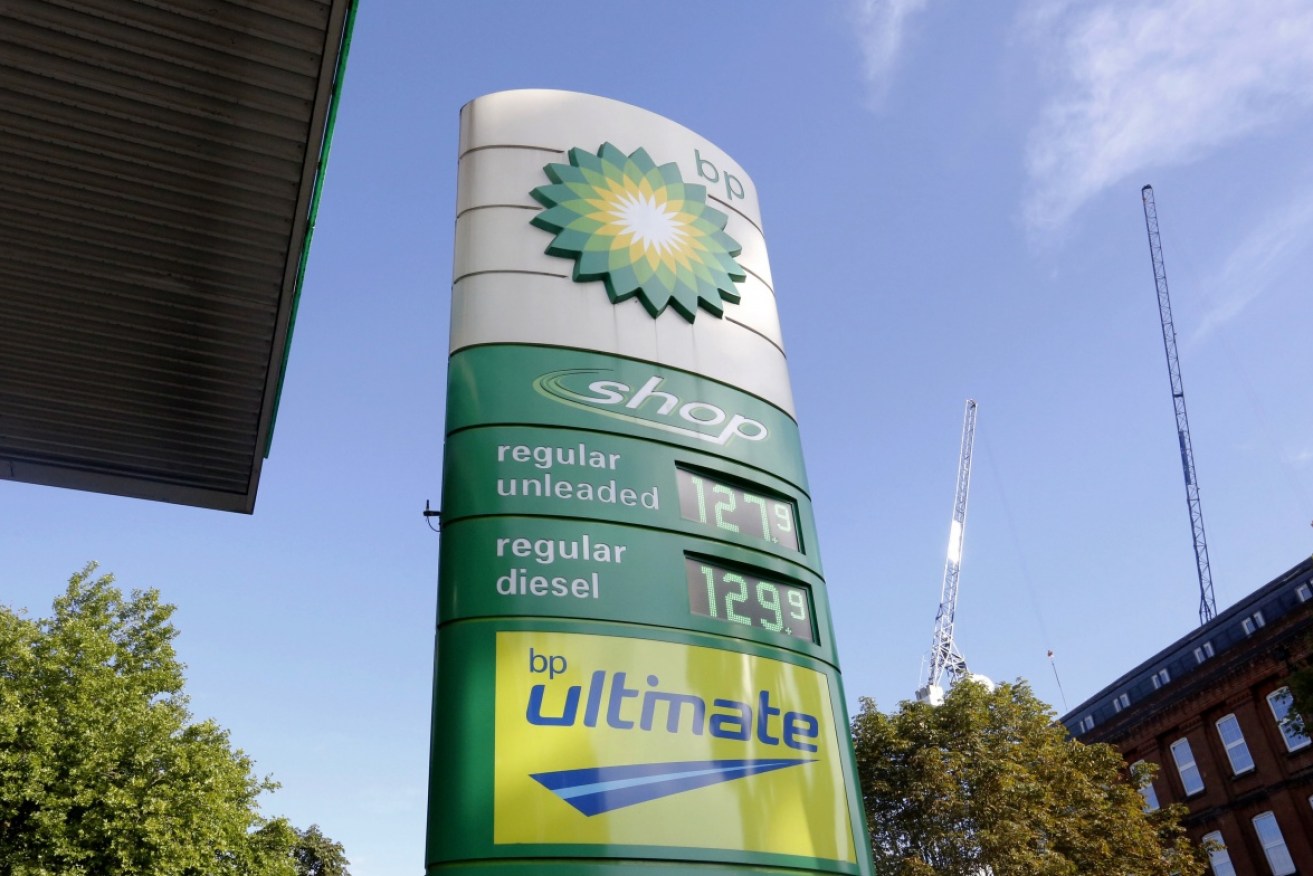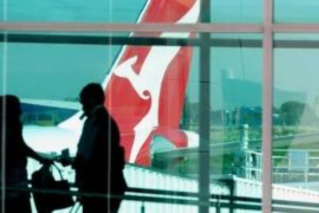‘Unsustainable path’: BP forecasts falling fossil-fuel demand


Ten BP filling stations around Sydney and Melbourne will trial the project. Photo: AAP
Oil and gas giant BP has cast doubt on the future of the global fossil fuel industry and forecast global oil demand to decline from 2020 onwards.
In its 2020 Energy Outlook report, the company warns that changing government policy and shifting consumer preferences will erode oil and gas’ share of overall energy generation.
The findings come as the 111-year-old business sets out to ‘reimagine’ the oil and gas industry and become a net-zero emitter by 2050.
“The world is on an unsustainable path and its carbon budget is running out,” BP chief executive Bernard Looney said.
Demand for oil and gas will be increasingly challenged.”
The company used three scenarios to model how demand for fossil fuels and the make up of the global energy market will change over the next 30 years.
These scenarios included a ‘business-as-usual’ (BAU) plan with no change to global policy settings, a ‘rapid transition’ plan, and a ‘net zero’ plan that sees carbon-emitting energy sources scrapped even faster than the rapid plan.
Under all three, demand for oil is set to decline from 2020 onwards.
As a share of overall energy production, fossil fuels are tipped to fall from 85 per cent in 2018, to 70 per cent under the BAU plan and as little as 20 per cent under the net-zero strategy.

BP predicts fossil fuel demand to have fallen dramatically by 2050. Source: BP 2020 Energy Outlook
Renewable energy will account for 90 per cent of the increase in overall primary energy in the next three decades even under the BAU scenario.
Government unveils fuel security plan
The BP report comes as Minister for Energy and Emissions Reduction Angus Taylor unveiled a $211 million fuel security strategy.
Under the plan, the federal government will invest $200 million into “competitive grants programs” to build storage space for 780 megalitres of diesel fuel.
The government will also introduce minimum stockholding obligations for “key transport fuels” (notably petrol and jet fuel) and provide a “production payment” subsidy to refineries.
Tweet from @AngusTaylorMP
Mr Taylor said the plan will support 950 jobs and create 75 ongoing roles.
And the support for refineries should keep afloat the four still in operation in Australia – shielding consumers from a potential 1 cent per litre increase in fuel prices were the refineries to close.
The profit margins of refineries have been squeezed heavily in recent years, and dropping demand for fuel during COVID lockdowns means some are barely profitable at the moment.
“Almost all Australians are reliant on fuel and it is the lifeblood of so many sectors in our economy,” Mr Taylor said.
“Our farmers and miners rely heavily on diesel to do their jobs and provide services, while the transport sector sources 98 per cent of its energy from liquid fuels.”
Australian Institute of Petroleum chief executive Paul Barrett said the plan is a promising first step to securing Australia’s fuel reserves from external shocks.
But he said there was more work to be done.
“Whilst we welcome the broad announcements, we can’t assess the overall impact of the scheme until we go in and do the detailed policy design,” he said.

Minister Angus Taylor said fuel is the ‘lifeblood’ of many industries. Photo: Getty
Grattan Institute energy program director Tony Wood also welcomed the announcement.
Mr Wood said for the most part the plan appeared to be “a reasonable judgment call” from Mr Taylor and his office.
But he criticised the plan to subsidise refineries using the federal government balance sheet, rather than paying for it with an increase to the fuel excise.
“If we’re trying to protect our fuel supply, what we’re getting is more reliable fuel – why not put it on the cost of the fuel?” he said.
“I think most of us would be willing to pay an extra cost for the insurance we think we need to have to ensure our food and groceries are transported reliably.”
Mr Wood added that subsidies designed to keep businesses afloat “have a very bad habit of staying around a lot longer than was intended”.
He said strict rules were needed to ensure the subsidies help refineries through the current period, but do not drag on for too long afterwards.








